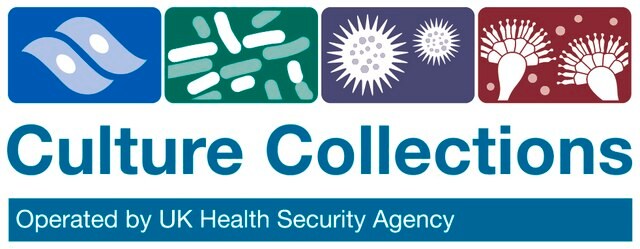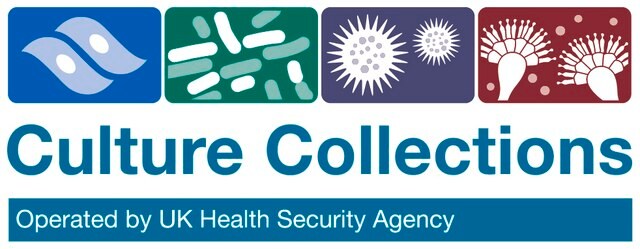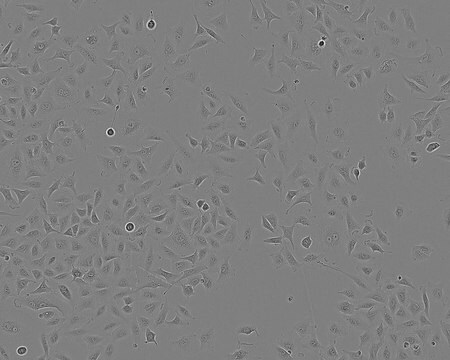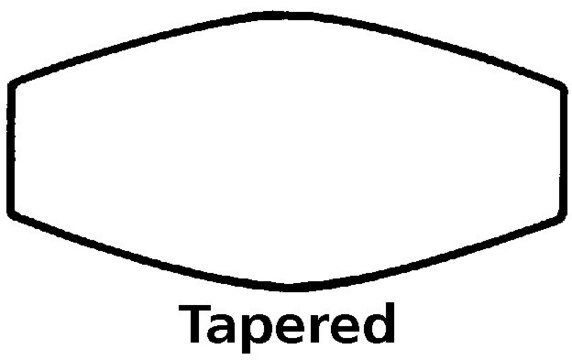11012007
SK-GT-4 cell line human
Sinonimo/i:
SKGT4 Cells
About This Item
Prodotti consigliati
Origine biologica
human esophagus
Forma fisica
liquid
Modalità di accrescimento
Adherent
Cariotipo
Modal number 59 chromosomal aberration at 11p13-15.
Morfologia
Epithelial growing in islands
Prodotti
Expression of actin imtermediate filaments and growth factors TGF?1, TGF?2, TGF?3, TGF? and platelet-derived growth factor A (PDGFA). P53 mutation c.298C>T
Recettori
Not specified
tecniche
cell culture | mammalian: suitable
Malattie correlate
cancer
Condizioni di spedizione
dry ice
Temperatura di conservazione
−196°C
Origine della linea cellulare
Applicazioni
Terreno di coltura
Mantenimento delle subcolture
Altre note
Esclusione di responsabilità
Codice della classe di stoccaggio
10 - Combustible liquids
Classe di pericolosità dell'acqua (WGK)
WGK 3
Punto d’infiammabilità (°F)
Not applicable
Punto d’infiammabilità (°C)
Not applicable
Certificati d'analisi (COA)
Cerca il Certificati d'analisi (COA) digitando il numero di lotto/batch corrispondente. I numeri di lotto o di batch sono stampati sull'etichetta dei prodotti dopo la parola ‘Lotto’ o ‘Batch’.
Possiedi già questo prodotto?
I documenti relativi ai prodotti acquistati recentemente sono disponibili nell’Archivio dei documenti.
Il team dei nostri ricercatori vanta grande esperienza in tutte le aree della ricerca quali Life Science, scienza dei materiali, sintesi chimica, cromatografia, discipline analitiche, ecc..
Contatta l'Assistenza Tecnica.







